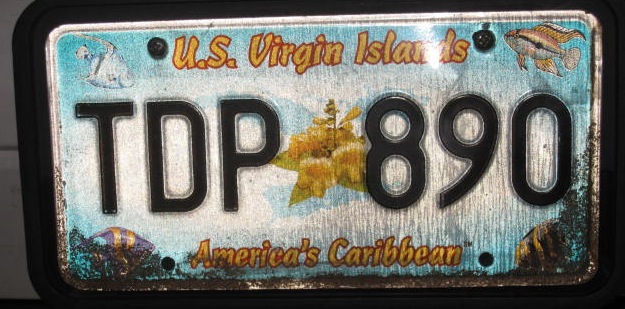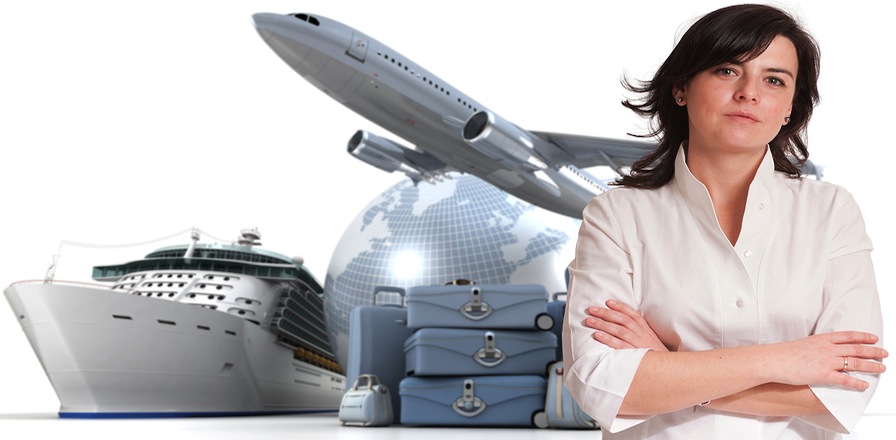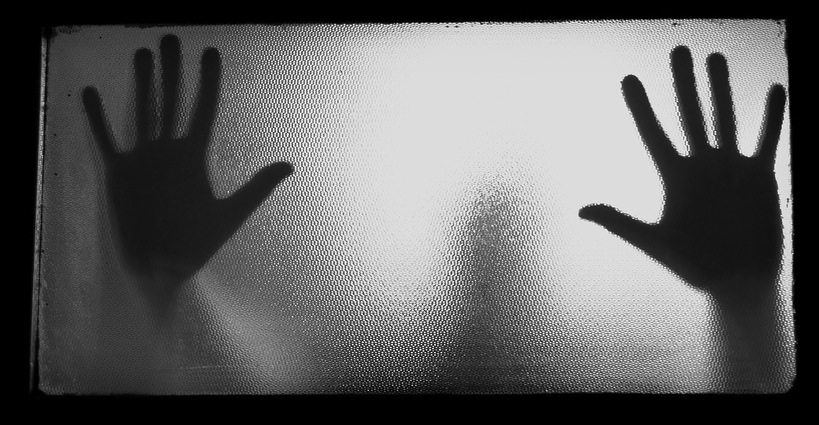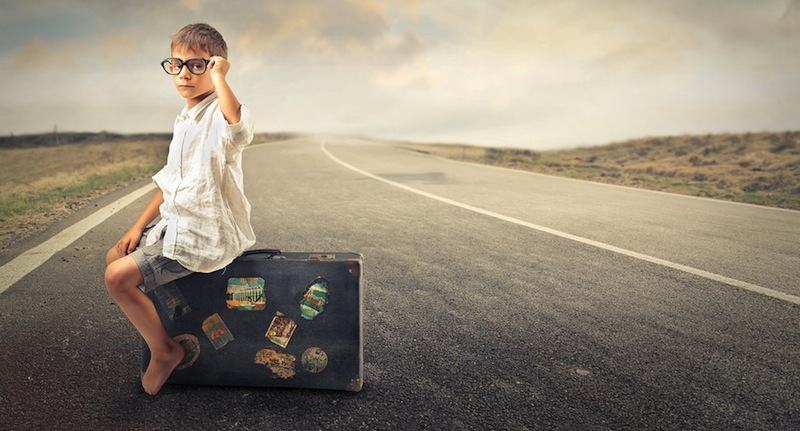While it is true that I own the world’s largest private collection of McDonald’s placemats in foreign languages, I’ve always felt that the only souvenirs worth collecting are conversations with strangers.
More than anything else you can bring back from a journey, conversations in far places help answer the two questions every traveler should ask: How are the people here different from me? How are they the same? When you know the answers, you have begun to help diminish the lack of understanding that is the source of much of the trouble in the world, and perhaps even unlock the mystery of why knock-knock jokes are nearly universal.
I now realize, however, that there is one more souvenir that can prove worthwhile to many returned travelers: the old license plate.
Perhaps with a dent or two in the metal, perhaps with a bit of rust, old license plates are available in the markets of many nations. Seldom costing more than five or ten dollars, and often thrown in for free if you buy a hand-decorated bong pipe or a life-size wooden carving of a horse, they make interesting keepsakes to hang on the wall above a garage or basement workbench in place of the auto parts calendar, featuring scantily clad “sales reps,” that does not seem as appropriate as it once did.
An old license plate’s value, though, goes far beyond it’s worth as an unusual keepsake. For many Americans, what they are really good for is avoiding parking tickets.
In 19 of the U.S. states, license plates are required only on the rear. In those states, you can put whatever you want on the front. Which is why when I lived in Massachusetts my front plate was from Aruba, and now that I live in Arizona it is from the U.S. Virgin Islands.
Originally, I put on the Aruba plate just for the novelty value. But then, after driving down to New York for a few days, I got a parking ticket that I discovered, to my delight, listed the Aruba plate, but made no mention of the Massachusetts one.
I’d parked in front of a church on East 88th Street (who knew that the fines were double in front of churches?), and had apparently wedged in so tightly that the meter maid couldn’t read the rear plate. So, perhaps in a hurry, perhaps to get to church, she just wrote the ticket on the front plate.
I would have put the experience down to the happy outcome of a freak occurrence, except that a few months later, in Boston, the same thing happened again. I suspected I was on to something, and, over the next few years, by parking as close as possible to the bumper of the car behind me, I saved myself probably a half dozen parking fines.
After a hiatus of a dozen years, from living in New York, which requires plates on the front and back, I recently moved to Arizona, which only makes you have the one in the rear. So when I was in the Virgin Islands a few months ago, while my companions were buying “Don’t bother, I’m not drunk yet – St. Thomas” tee-shirts, I purchased a used license plate that reads: “U.S. Virgin Islands — America’s Caribbean.”
And long after my companions have stopped wondering whatever possessed them to buy their souvenir, I will remember, every time I rip up a ticket and scatter it to the winds, exactly why I came home with mine.
I do admit that attempting to avoid tickets in this manner can have certain drawbacks.
In Arizona, I have noticed, for instance, that every so often, when I back in tight to the car behind me, and then return from whatever errand I have been running, my rear bumper has been banged up by dents that appear to be about the size of the heel of a cowboy boot.
And once, when I still had my Aruba plate, and was returning to Boston from a weekend in Toronto, U.S. Immigrations detained me for hours while they questioned me, in great detail, about what exactly my connection was with Aruba.
Those drawback, though? Let me tell you, they can result in some very collectible conversations with strangers.







